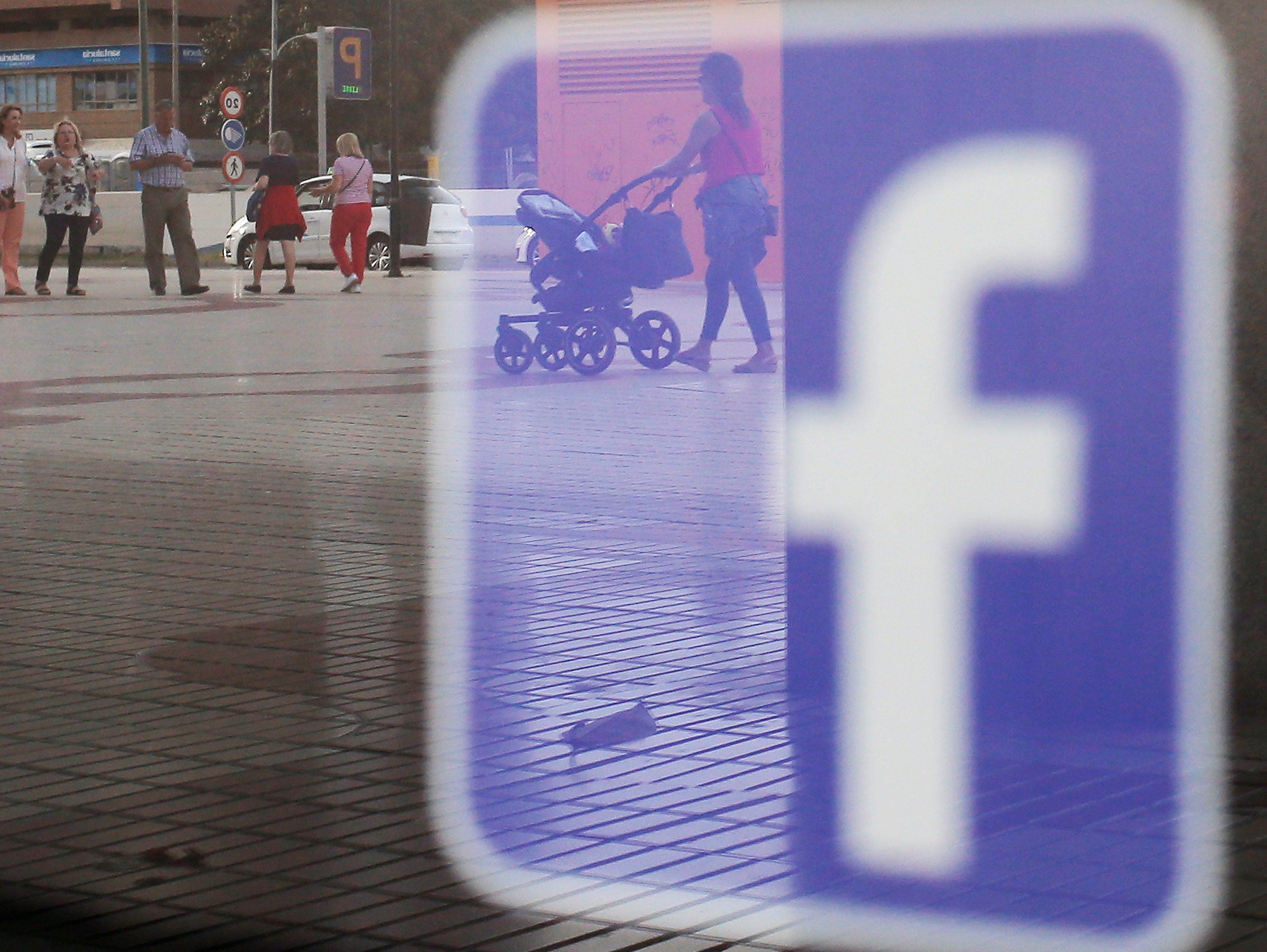
In 2019 Facebook launched a £4.5m project to pay for 82 reporters to cover under-served communities in the UK. Here Martin Wright, editor in chief of Midland News Association, reflects on what the scheme has achieved.
When the Community News Project was conceived in late 2018, we had a lot of questions. How would it work? How hands-on would Facebook be? What would happen to the reporters once their contracts ended? Would the copy be for social media or could we use it in print? Would the copy be any good? And, perhaps most importantly, what impact would it have on our newsrooms – and our output?
Two and a half years on, we are in a much better position to answer those questions. While the project has thrown up challenges, it has met the original brief: introduce more diversity into the newsroom; and improve coverage of under-served communities.
For the Midland News Association, this Facebook-funded project, delivered by the NCTJ, would support three reporters: two covering the Black Country and Staffordshire for the Express & Star; and one covering the Shropshire patch for Shropshire Star. In the Express & Star area, our two CNP reporters – Harriet Evans and James Vukmirovic – would focus on covering young people and religious groups, while in Shropshire the CNP reporter – Charlotte Bentley – would focus on isolated rural communities.
Giving a more rounded offering for readers
For the MNA, which has a long and very proud heritage in news, the idea of enhancing our coverage with the help of Facebook-funded recruits was a little difficult to accept. However, there is no doubt that the specific remit of the CNP reporters improved our coverage of those communities significantly – across both our digital and print platforms. We re-established links with groups that had been lost over time and made links with organisations that we had never been in touch with before. Those contacts are now regular sources of content, giving us a more rounded offering for our audience.
[Read more: Facebook community reporters helped keep local groups informed during pandemic]
In terms of the main aims of the project, then, it was a big tick. As an added bonus, Facebook proved to be an enthusiastic supporter – but have been happy to let publishers manage the reporters under the watchful eye of the NCTJ of course.
However, there have been other, perhaps less obvious, benefits.
The first was the recruitment process itself. We had to ensure the process was fair and transparent. It was an altogether more rigorous and thorough process than is sometimes the case in newsrooms, including spot checks from the NCTJ during the interviews to ensure we were adhering to the agreed standards.
To begin with, there was an element of cynicism – and the words ‘box-ticking exercise’ may have been muttered once or twice. Yet, the results speak for themselves – three outstanding candidates, all of whom have since been offered permanent roles with the MNA (although one, Harriet, has since left to take up a role in public relations).
The second tangible benefit was the impact on morale. Additional resources are welcome in any newsroom, regardless of the circumstances. But at a time when the industry has been wrestling with some particularly taxing issues and newsrooms have been scarred by all-too regular restructures, the morale-boosting effect of bringing in three new trainee journalists is not to be underestimated. It helped of course that all three fitted into the team seamlessly, but the impact was certainly positive and colleagues were very willing to help and support the new recruits.
Doubts have been answered
The other notable benefit was the training sessions organised by Facebook and the NCTJ for the CNP reporters, helping them use social media to engage with communities and develop a network of contacts. The skills picked up by the three CNP reporters were shared across the newsroom, partly through discussion and partly through osmosis. The result was a general raising of awareness of the digital tools available to journalists, which continues to benefit our news-gathering operation.
Which brings us up to date. The project has been renewed for a further 12 months, and we are in the process of recruiting two new CNP reporters. We had more than 60 applications for the two new roles, which gives an indication of how much interest there is in joining the programme. Meanwhile, James and Charlotte will continue with their religious and rural remits on a permanent basis.
The value of the project, in my eyes at least, is beyond doubt. Communities have been given a voice through local publishers, new journalistic talent has been unearthed – and our readers are getting an even better service. Those questions – perhaps doubts would be a more appropriate word – we had at the beginning of the project have been well and truly answered.
Email pged@pressgazette.co.uk to point out mistakes, provide story tips or send in a letter for publication on our "Letters Page" blog
